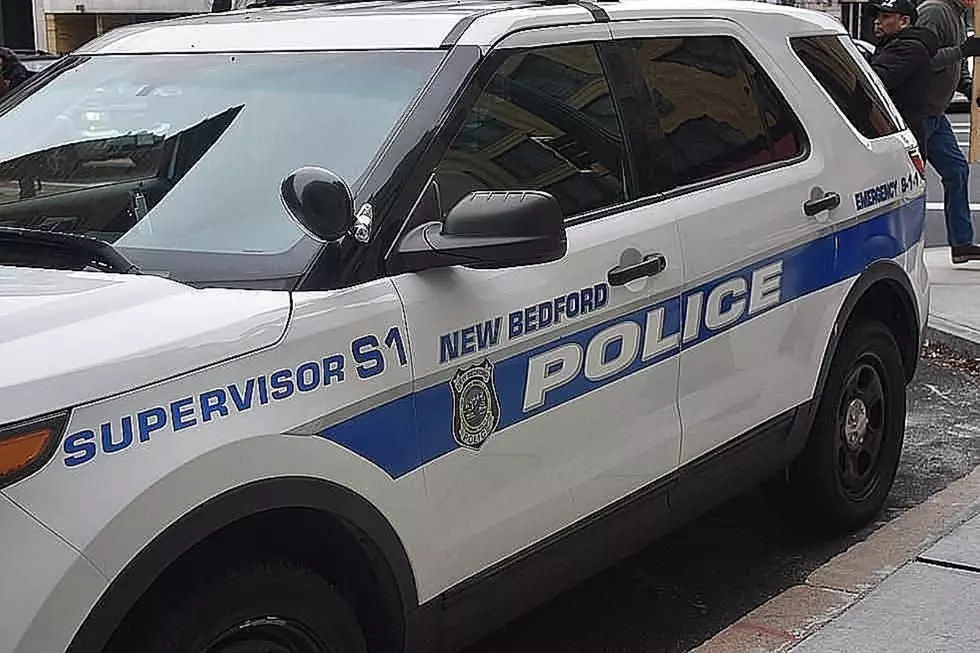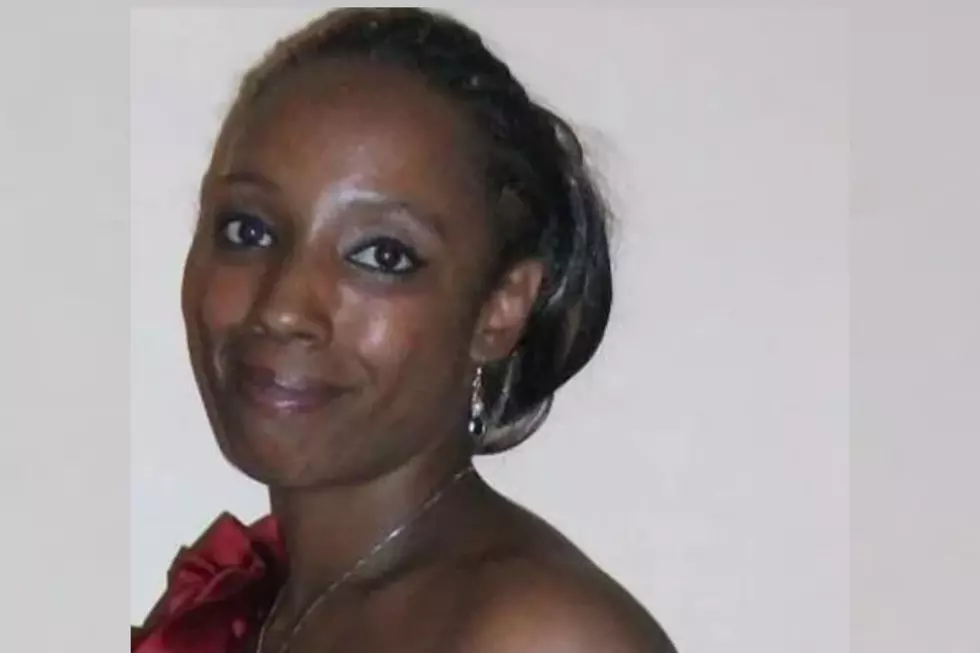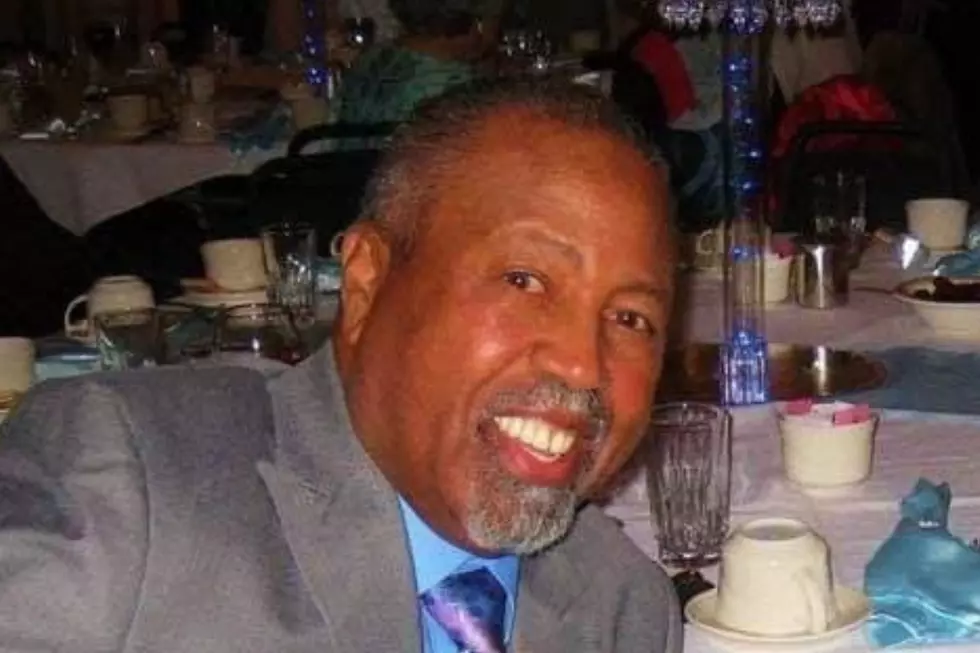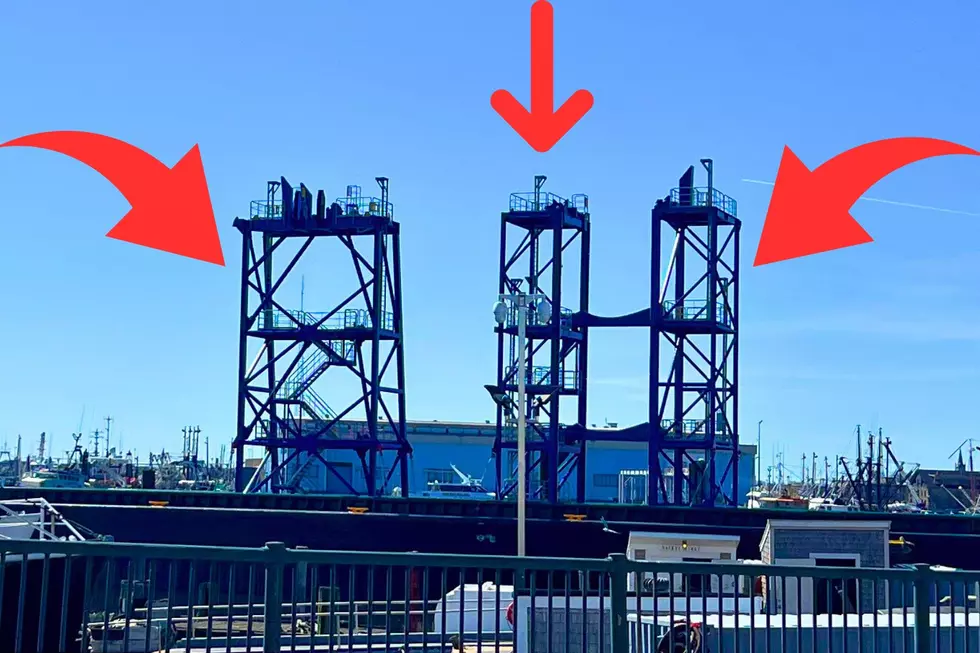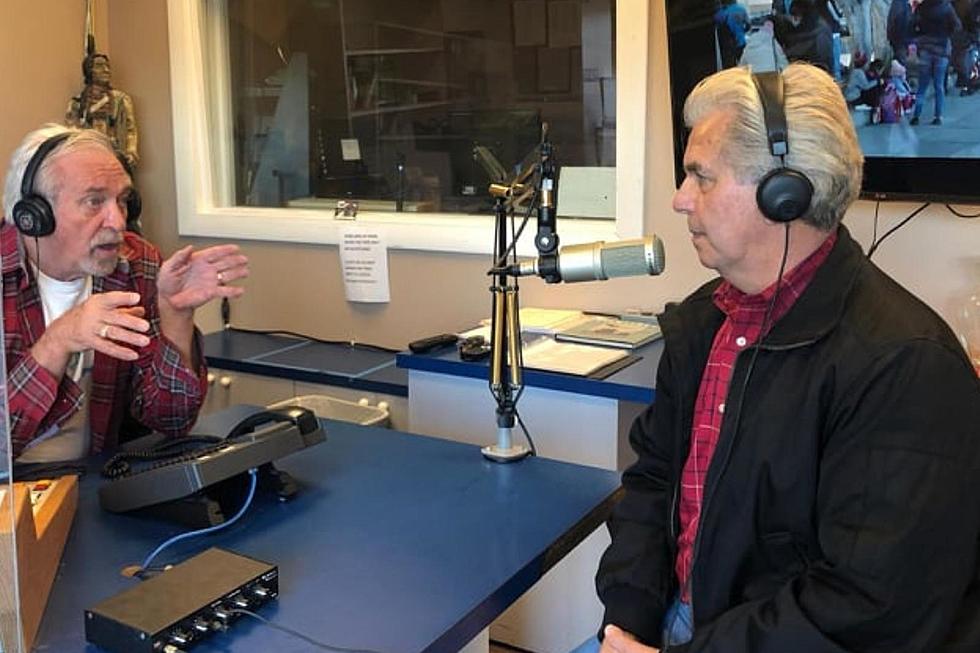
New Bedford Disposal Company CEO Talks SouthCoast Trash Crisis
We have a very serious disposal crisis on the SouthCoast, according to Mike Camara, Vice President and CEO of New Bedford-based ABC Disposal, Inc.
"It started about 40 years ago, when Massachusetts decided to put a moratorium on all waste-to-energy facilities," he said. "If that moratorium hadn't been put into place, we would have had more waste-to-energy plants right now."
ABC Disposal started back in 1960, when most towns and cities had their own landfills. New Bedford had its own incinerator; so did Fall River and Taunton. "But those days are gone," said Camara, "And rightfully so, because they were contaminating the air we breath, and along with that, landfills are finite, meaning once we fill up the air space, the landfill closes."
So what does this mean for us on the SouthCoast in 2021? The short answer is it's much more expensive nowadays to get rid of waste, and the worst is yet to come.
The trash we generate here is packed down in custom balers that squashes and compresses recyclable and waste materials into small, square, manageable bales that are placed on flat bed tractor trailers and shipped out to Michigan, New York, Virginia and mostly Ohio, for a hefty price.
That's if the stars are lined up perfectly. On any given day, a broker will call Camara and they'll agree to have, say, seven tractor trailer trucks show up early the next day to haul away the baled waste, but despite that, maybe only two trucks show up at ABC Disposal instead of the seven promised transports, because there's a labor shortage of specially licensed drivers, adding to the backup problem.

What can be done to remedy this crisis?
"It's late, but the D.E.P. needs to lift the moratorium, and even at that, it will take five to seven years before a new waste-to-energy plant can be built," Camara said. "Folks can also write their local legislators and ask them, what they are doing to solve the problem? Let them know that Rhode Island has built their own statewide landfill, where all the towns and cities take their waste, and it's working out very well for our neighboring state. Let's build one like that for Massachusetts, too. The New England governors also need to work together on a joint plan."
What about the pay-as-you-throw program, where the customers must purchase the bags? Camara is not a great fan of that concept.
"The plan sounds good, but in reality, it just increases the contamination of recyclables because people put their garbage in with the recyclables to keep the costs down on their garbage collection," he said.
Proper recycling is something that can help in the meantime, Camara said. He requested that residents take a quick look at what can and cannot be recycled on the City of New Bedford website. A lot of garbage ends up in the recycling bin, costing the consumer more because additional employees are needed to sort out many items that don't belong there.
All The Epic Holiday Light Displays Brightening SouthCoast Businesses and Beyond
More From WBSM-AM/AM 1420
